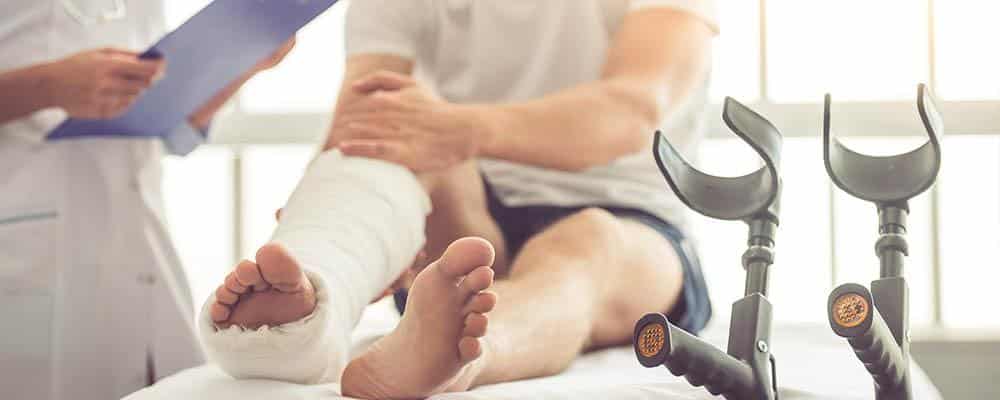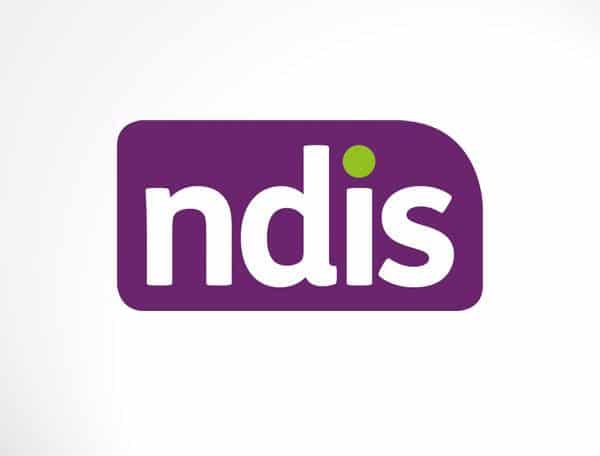In personal injury matters, strong and ethical collaboration between lawyers (and their paralegals) and occupational therapists (OTs) is crucial for securing the best possible outcomes for the injured examinee. Effective communication and a shared understanding of each other’s roles maximise the benefits of OT assessments, providing compelling evidence and shaping a winning legal strategy.
Setting Clear Expectations
The foundation of successful collaboration is clarity about what information is needed. When partnering with OTs, consider the focus of your matter:
- Functional Limitations: Does the severity of the injury appear disproportionate to medical reports? OTs can pinpoint how it impacts everyday living.
- Future Needs: Do you anticipate ongoing care requirements? An OT can forecast long-term support needs based on current function.
- Return-to-Work: If return to work is a goal, OTs provide in-depth work capacity analyses to support your argument.
Clearly outlining your needs helps OTs tailor their assessment. Additionally, OTs should inform you about the type of evidence their reports provide and any potential limitations they may have regarding your matter.
Providing Relevant Information
Lawyers and paralegals possess valuable insights that ensure the OT assessment is optimally targeted. Providing the OT with these details is key:
- Details of the Accident: How and when it occurred provides context.
- Medical History: Prior medical conditions should be noted, as they may be relevant.
- Primary Nature of Injury: Inform the OT about the type of injury (e.g., spinal cord, brain injury, orthopaedic, etc.). This helps Prudence OT match the case with an expert from their panel.
- Any assumptions you would like the OT to make.
- Matters opinion sought on: Clearly indicate on what you would like the OT to comment following a functional assessment e.g. Past and or Future Care Needs, Assistive Technology and Home Modification Needs, Rehabilitation Needs, Care of Others, Work Capacity.
OTs may also ask clarifying questions. Open communication in this stage ensures the assessment directly addresses the most relevant concerns for your matter.
Understanding the OT Report
OT reports use functional language rather than strictly medical terminology. Don’t hesitate to ask the OT for clear explanations of their findings and the implications for your matter. Ask them to summarise the most important findings in a way that is both easily understood and directly applicable to your legal arguments.
Collaboration in Case Strategy
An OT’s unique insights offer a fresh perspective for building your case strategy. Their documentation of functional limitations can shape legal arguments and drive negotiations for compensation. In some cases, OTs serve as expert witnesses, where their ability to clearly communicate the impact of the injury is vital. Close collaboration with the OT in this stage is essential for courtroom success.
Strong lawyer-OT collaboration leads to:
- Targeted OT assessments that address your specific legal needs.
- Compelling OT reports that offer powerful evidence.
- Increased strategic edge due to the OT’s functional insights.
Ultimately, this collaboration benefits the injured client, ensuring they receive the full compensation they need for the best possible recovery journey.
Get started with your medico-legal partner for better case outcomes
Prudence OT prioritises clear communication with legal teams. Contact Prudence OT today to learn how our expert OT assessments can strengthen your personal injury cases.





0 Comments